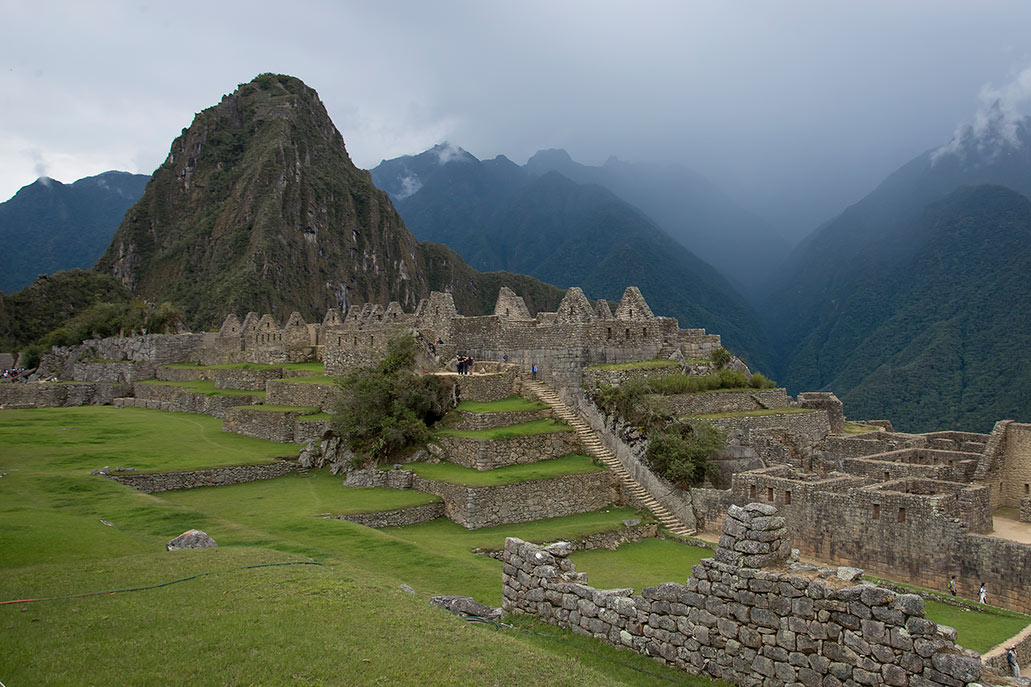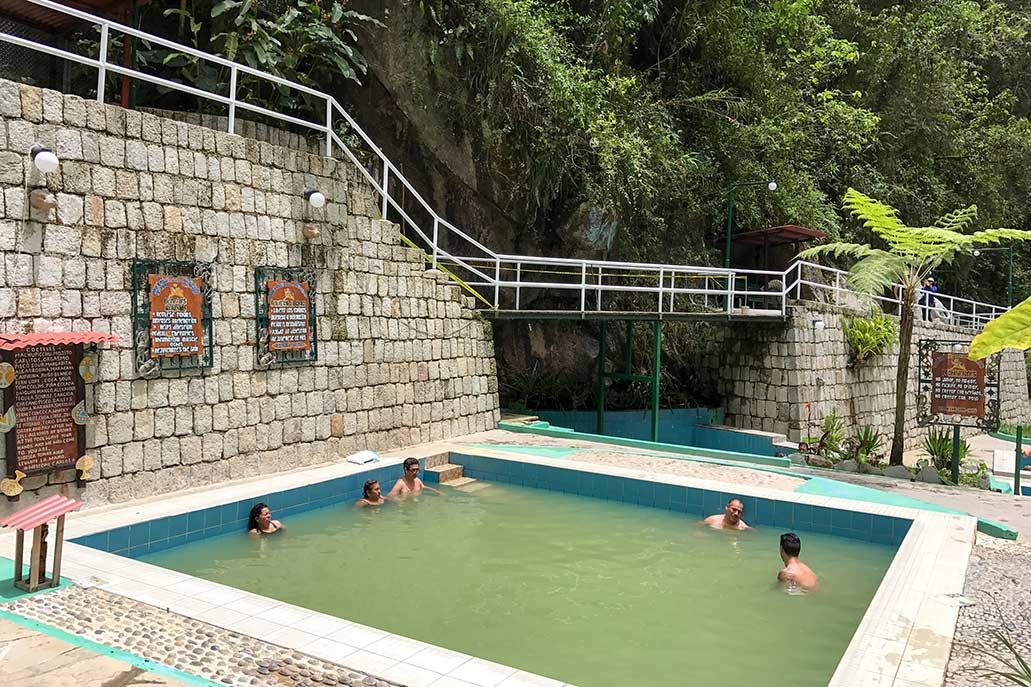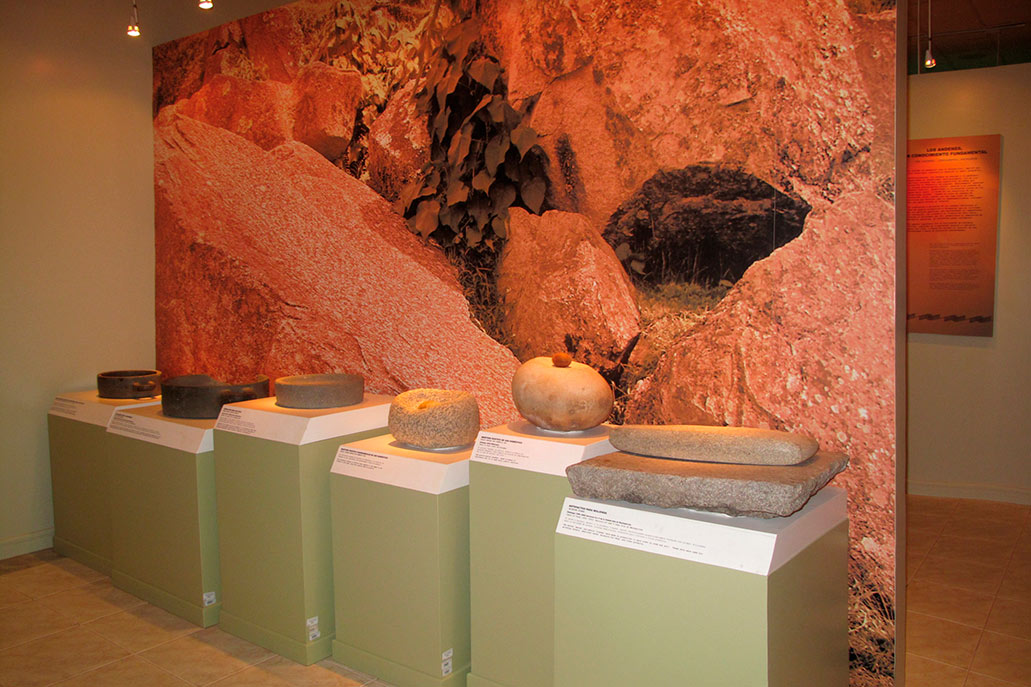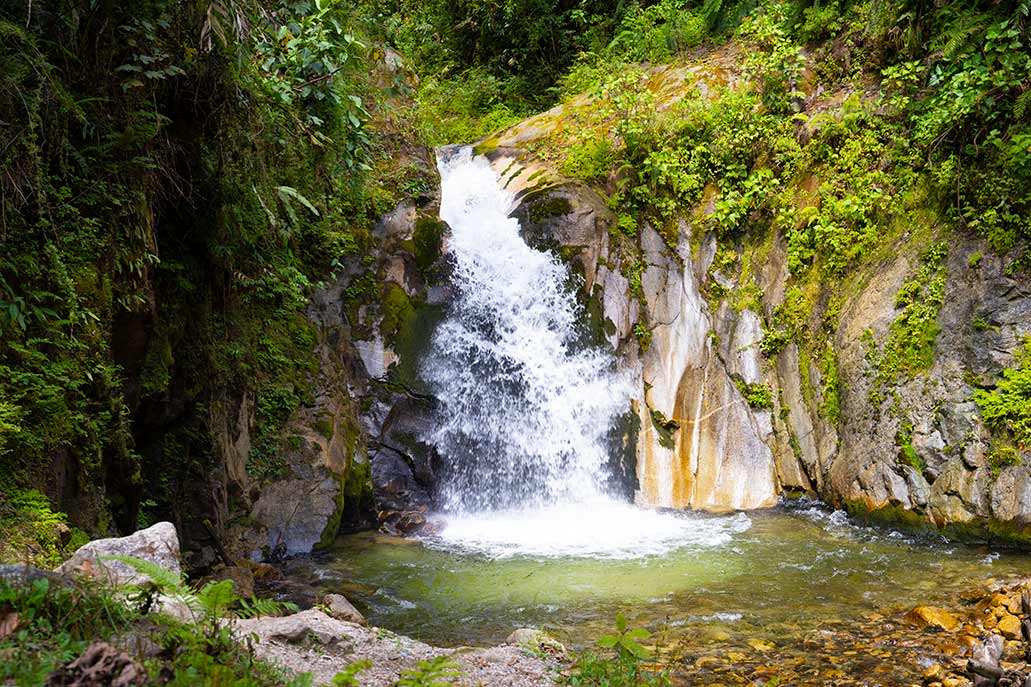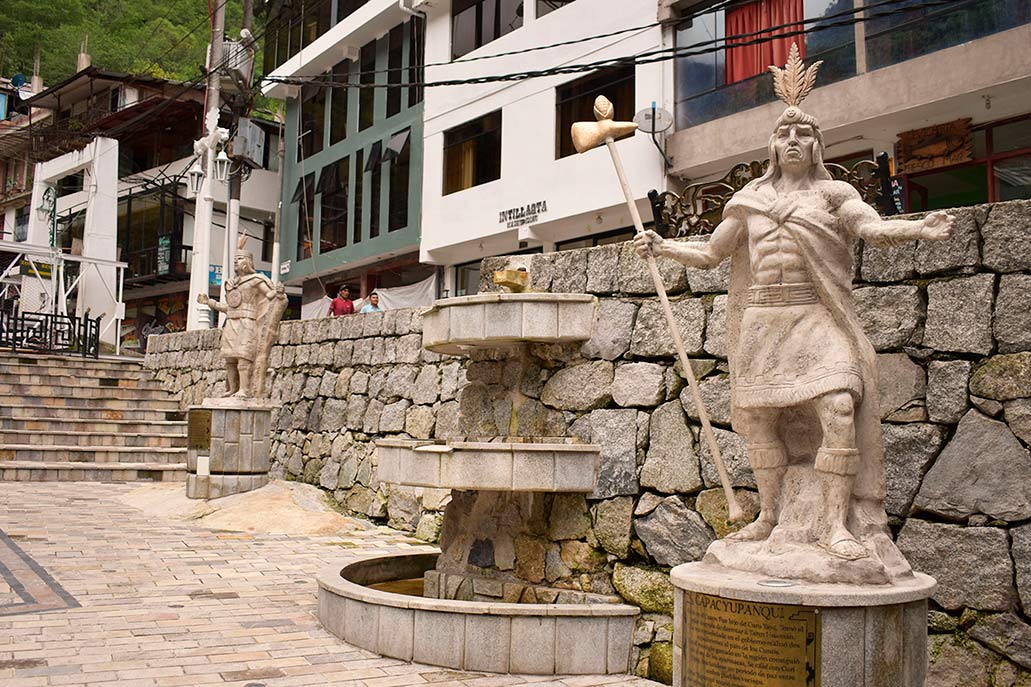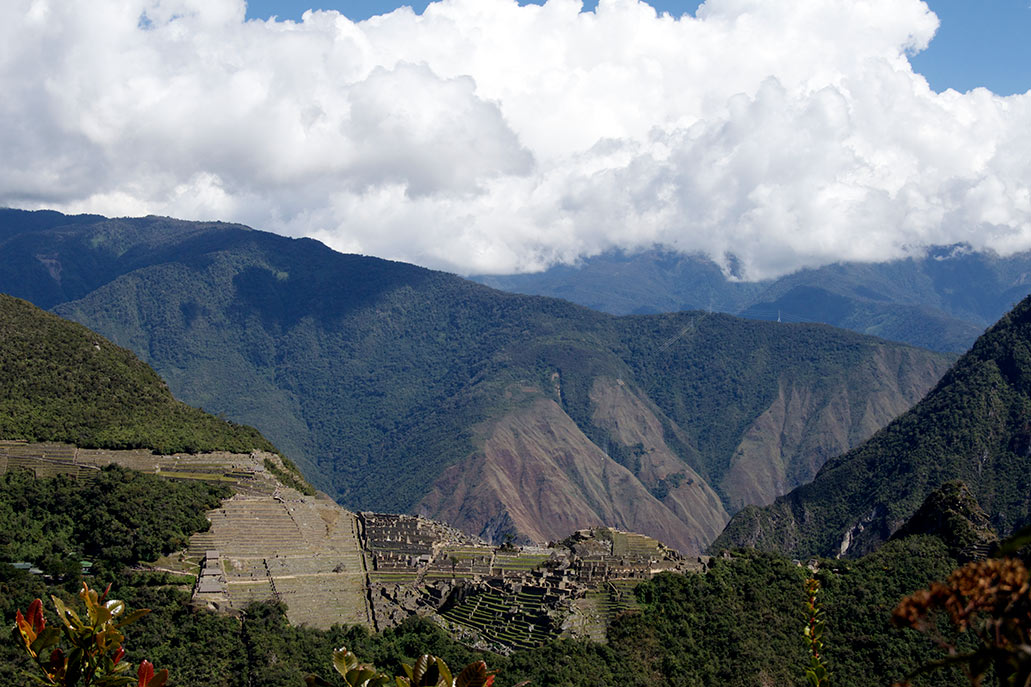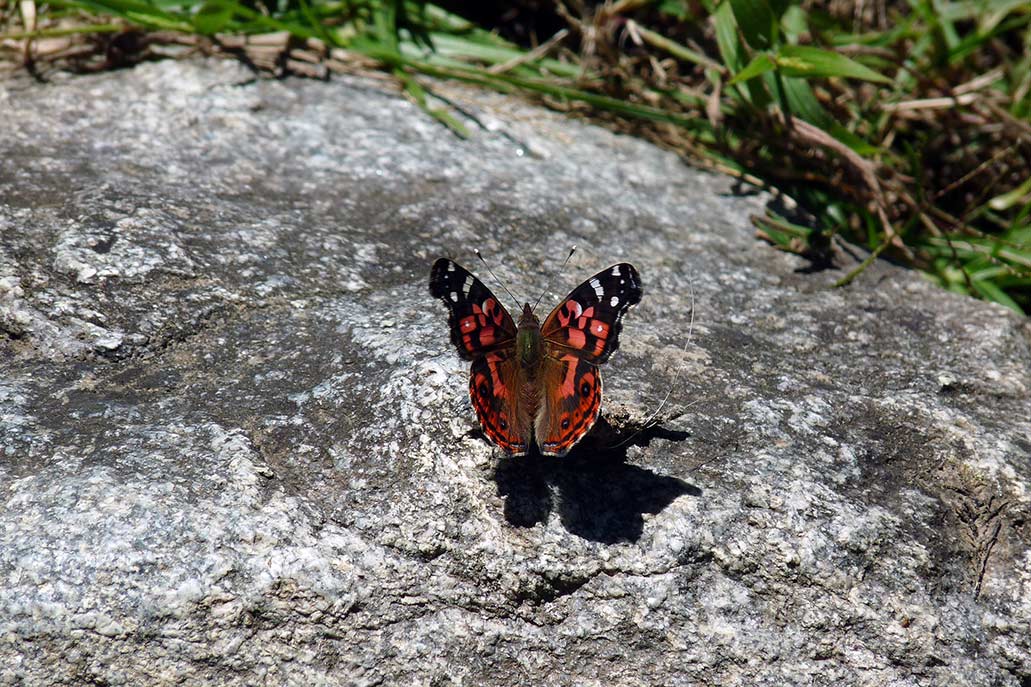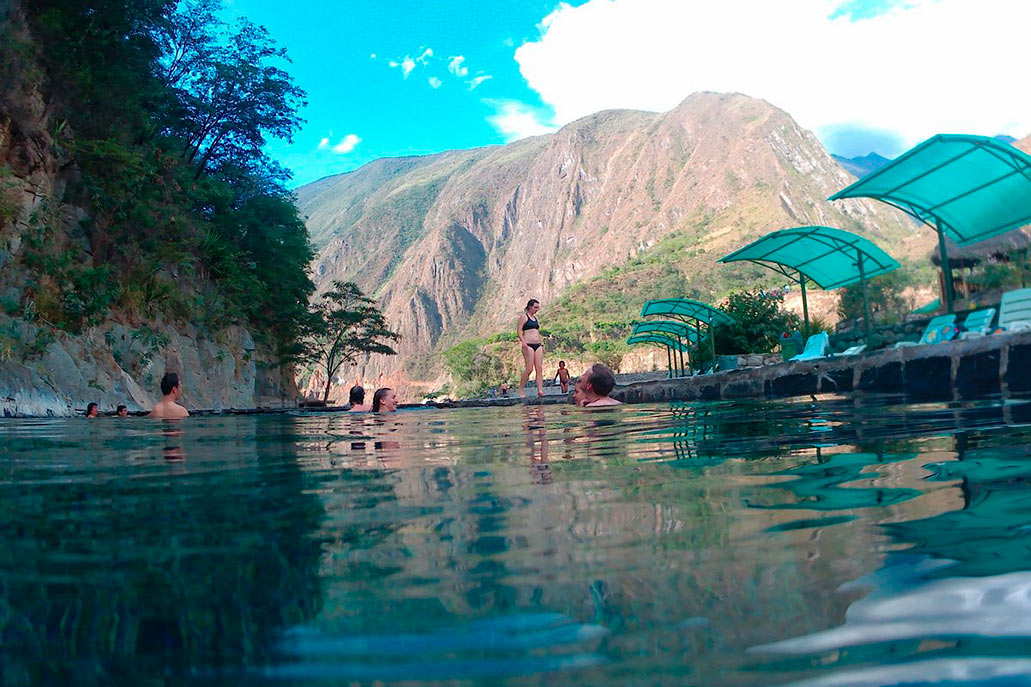7 tourist attractions near Machu Picchu
Machu Picchu is one of the best tourist attractions in South America. It is approximately 100 kilometers by bus and train from the city of Cusco. During the visit to the Inca citadel, there are other tourist attractions that are worth knowing. It is worth mentioning: the Machupicchu site museum, the thermal baths of Aguas Calientes or the Mandorpampa waterfalls. Get to know 7 tourist attractions close to the Wonder of the World!
Content
Thermal Baths of Aguas Calientes
The thermal baths of Aguas Calientes are the main tourist attraction of Machupicchu town.It is located in the upper part of the town, about 10 kilometers from the archaeological site of Machu Picchu. It has three large pools and another three small ones whose temperatures vary from 38ºC. up to 46ºC.
The thermal baths of Aguas Calientes have a simple structure but are surrounded by an incredible mountainous landscape. It is ideal to be visited after the tour of Machupicchu. Hours of operation are from 5 in the morning to 8 at night. In the facilities there are changing rooms, clothes storage, bar and hot showers.
- How to get there?: From the town of Aguas Calientes you must follow the entire Ayar avenue.
- Visit price: 20 soles for foreign adults and 10 soles for Peruvian adults.
Museo de Sitio de Machu Picchu
The Machupicchu site museum ‘Manuel Chávez Ballón’ offers a tour of the history and historical importance of the Inca citadel. It is located in the middle of the Hiram Bingham highway (at the height of the Puente Ruinas), which connects Aguas Calientes with the archaeological site. It can be reached by tourist bus or on foot.
The museum has 7 rooms where there are also 8 audiovisual sequences that explain the origins, history and way of life in the Inca citadel. As part of the visit, you can also take a tour of the botanical garden, with species of flowers and plants that inhabit the Historic Sanctuary of Machu Picchu. In Cusco, museums such as the ‘Museo de la Casa Concha’ (which also exhibits objects found in the Inca citadel) also stand out.
- How to get there?: From the town of Aguas Calientes you must walk 2.5 kilometers along the Hiram Bingham highway to the height of the Puente Ruinas.
- Visit price: 22 soles per adult tourist and 11 soles per Peruvian tourist (free with the entrance ticket to Machu Picchu).
Mandorpampa Falls
The Mandorpampa waterfalls are located approximately 2 kilometers from the town of Aguas Calientes. They are a 20 meter high waterfall surrounded by a mountainous geography full of trees, flowers and various species such as butterflies, orchids, hummingbirds, cedars and more.
The falls are located in the area called the Mandorpampa gardens. Its access is on the train track that connects the town of Aguas Calientes with the Hidroeléctrica train station. To get to the falls you need to walk for approximately 1 hour. Visiting hours are from 6:30 a.m. to 4:30 p.m.
- How to get there?: 1 hour walk from the town of Aguas Calientes.
- Visit price: 10 Peruvian soles per foreign tourist and 5 soles per Peruvian tourist.
The sculptures of Aguas Calientes
Aguas Calientes is a one hundred percent tourist town. That is why the authorities have embellished the streets with stone sculptures with Andean and Inca themes. In total there are 37 sculptures, the majority built in a 2007 contest with artists from Cusco. Sculptures such as: mama cocha, capq qolla, holy cross, inkari, munay sonqo, Pachamama and more stand out.
The visit to the sculptures of Aguas Calientes is free for everyone since they are in a public place. The route is called the Stone Chronicles circuit. These are not found in a single point but in different spaces of Machupicchu town, even in the thermal baths. The sculptures are ideal to get excellent photographs of the visit to the place.
- How to get there?: From the city of Cusco on a bus and train trip of approximately 3 hours 30 minutes.
- Visit price: Free for all visitors.
Putucusi Mountain
The Putucusi mountain is one of the three summits that surround Machupicchu together with the Huayna Picchu and the Machu Picchu mountain. Its summit is 2,560 meters above sea level. From there you have a distant rear view of the Inca citadel. Its name means “Happy Mountain”.
Getting to the top of Putucusi is not easy. A walk of approximately 3 hours is required from the town of Aguas Calientes. This walk requires difficult sections such as climbing a rope on the slopes of a mountain. The good thing is that this route is free. However, due to the difficulty of the route, few people dare to do this walk.
- How to get there?: From the town of Aguas Calientes there is a walk of about 3 hours.
- Visit price: Free.
Machu Picchu butterfly garden
The Machu Picchu butterfly farm is a cultural center that offers an interesting exhibition on the diversity of butterflies that inhabit the Machu Picchu Historic Sanctuary. It is located on the Hiram Bingham highway, 1.5 kilometers on foot from the town of Aguas Calientes. The place offers an exhibition with hundreds of butterflies, among leaves, flowers and even in larval state.
The visit to the butterfly garden includes the company of an interpreter. Areas to visit include the garden, birds (like hummingbirds), and more. Although the circuit is short, it is a good option if you come with children. Hours of operation are from 8:30 a.m. to 5:30 p.m. Most tourists make the visit one day after visiting the Inca citadel.
- How to get there?: On foot from the town of Aguas Calientes with a route of approximately 1.5 kilometers (30 minutes of walking).
- Visit price: 15 soles per tourist approximately.
The thermal baths of Cocalmayo
The Cocalmayo thermal baths are considered the best in Cusco.They are located in the town of Santa Teresa, approximately 35 kilometers from Machu Picchu. It is a recreational center made up of three large pools with temperatures ranging from 38ºC. up to 44ºC.
Cocalmayo is surrounded by an incredible mountainous landscape. Its waters have a turquoise color that comes from a spring. The recreation center has changing rooms and a hot shower. The thermal baths are visited by tourists who do the Salkantay trek or the Inca Jungle, both with Machu Picchu as their final destination.
- How to get there?: In tourist transport with a route of 203 kilometers from the city of Cusco (on a 2-hour route from Machupicchu town).
- Visit price: 10 soles for foreign tourists and 5 soles for Peruvian adults.
By Machupicchu Terra – Last updated, August 28, 2023
